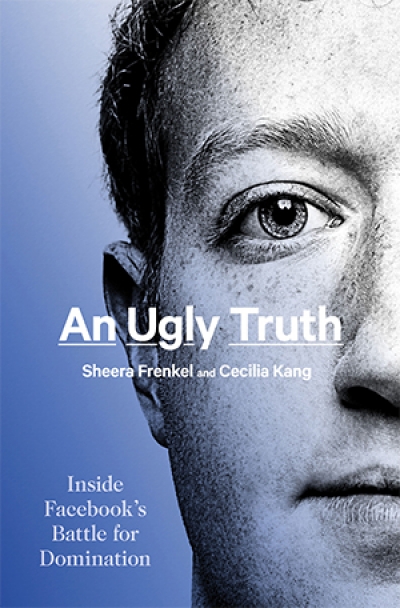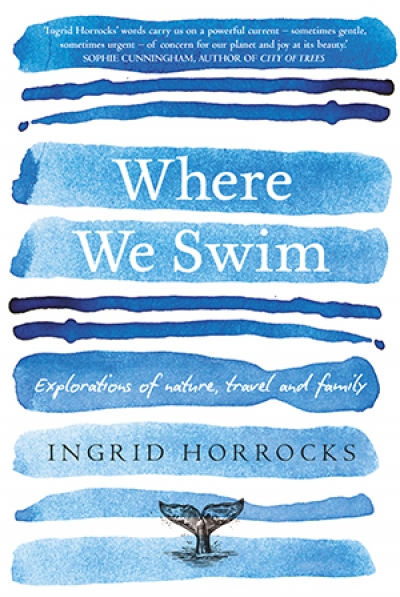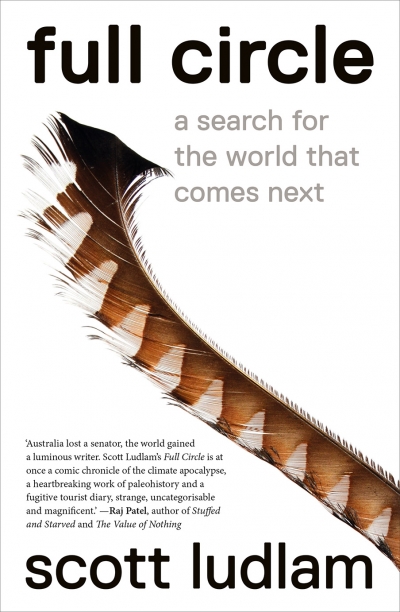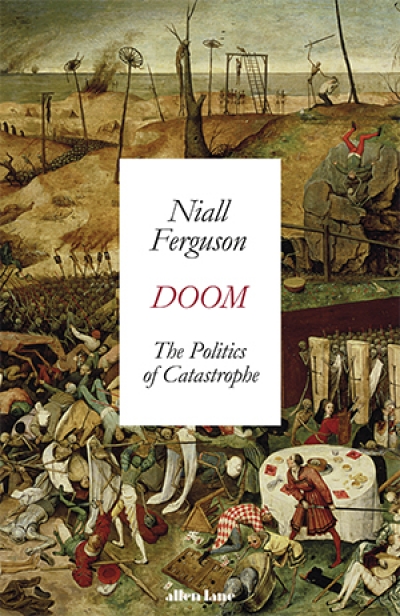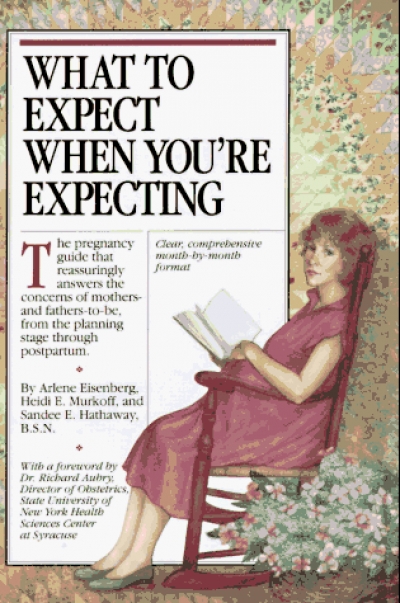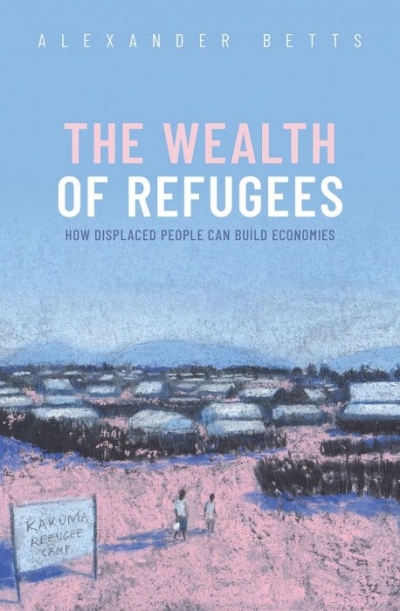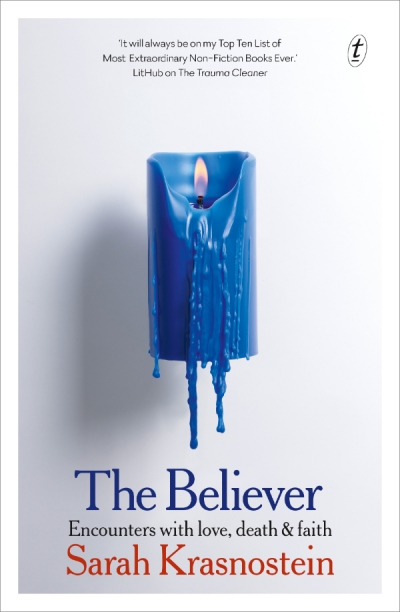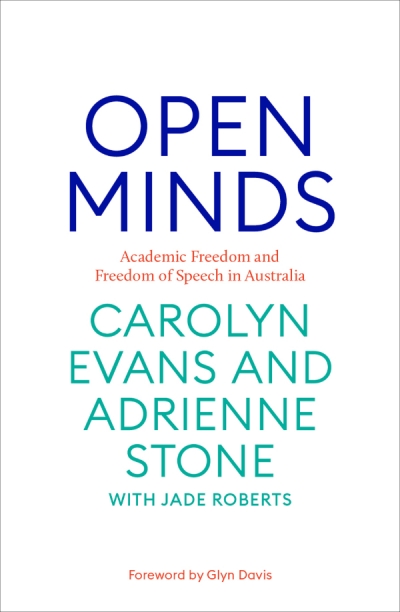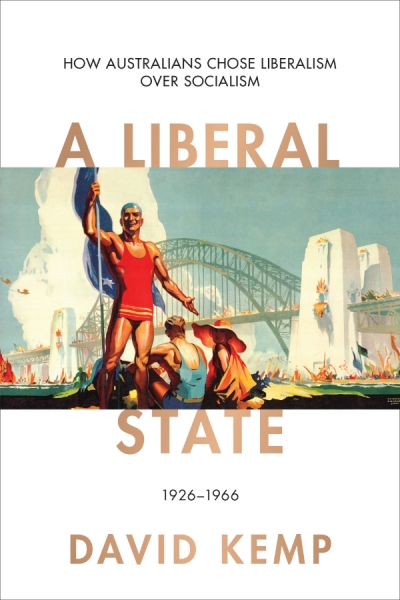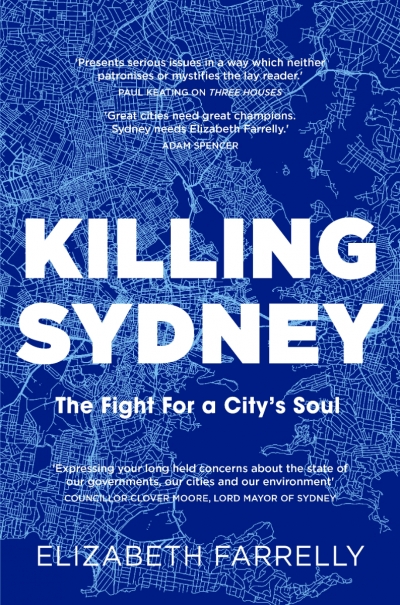Society
An Ugly Truth: Inside Facebook’s battle for domination by Sheera Frenkel and Cecilia Kang
by Joel Deane •
Where We Swim: Explorations of nature, travel and family by Ingrid Horrocks
by Naama Grey-Smith •
Full Circle: A search for the world that comes next by Scott Ludlam
by Dominic Kelly •
What to Expect When You’re Expecting by Arlene Eisenberg, Heidi Eisenberg Murkoff, Sandee Eisenberg, and Hathaway R.N. & Safe and Natural Remedies for the Discomforts of Pregnancy by The Coalition for the Medical Rights of Women
by D.J. Eszenyi •
The Wealth of Refugees: How displaced people can build economies by Alexander Betts
by Maria O'Sullivan •
The Believer: Encounters with love, death and faith by Sarah Krasnostein
by Naama Grey-Smith •
Open Minds: Academic freedom and freedom of speech in Australia by Carolyn Evans and Adrienne Stone with Jade Roberts
by Kieran Pender •
A Liberal State: How Australians chose liberalism over socialism, 1926–1966 by David Kemp
by Frank Bongiorno •
Killing Sydney by Elizabeth Farrelly & Sydney (Second Edition) by Delia Falconer
by Jacqueline Kent •


